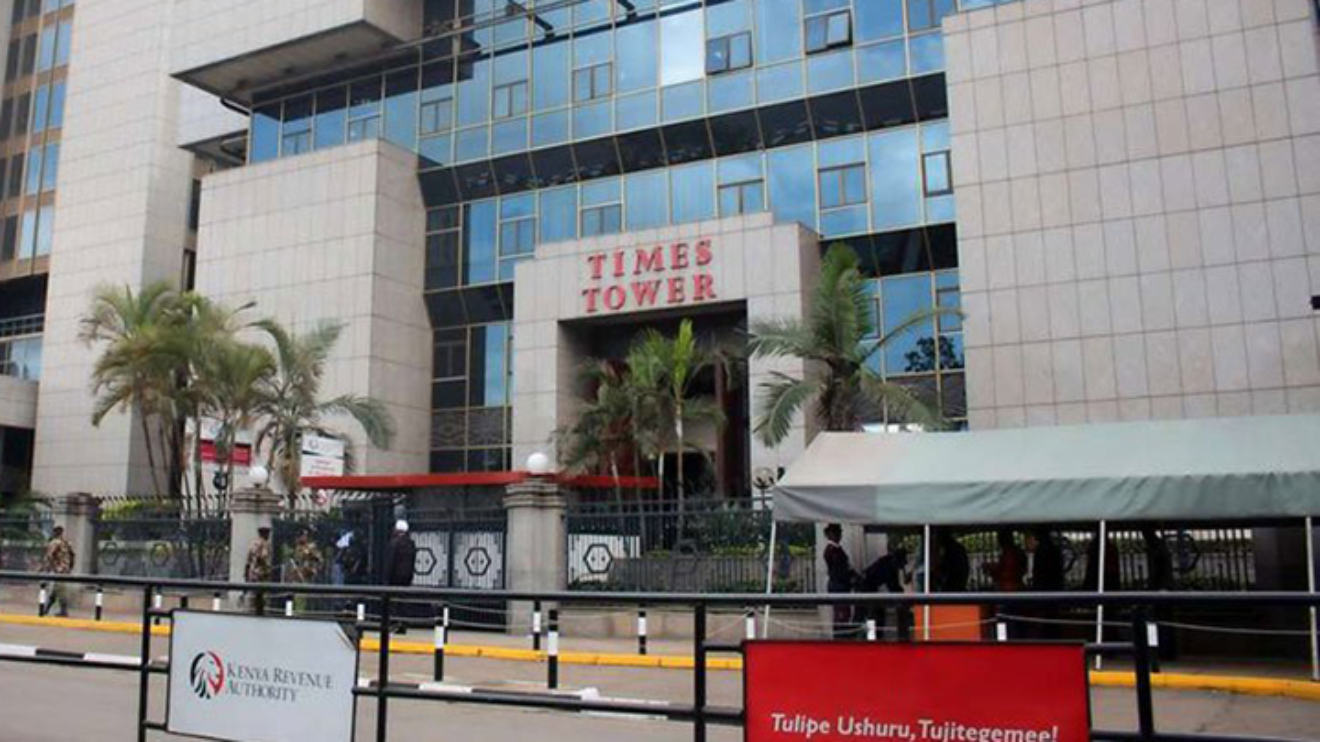The Kenya Revenue Authority (KRA) has introduced a swift turnaround for the remittance of withheld tax from welfare benefits, mandating that employers now submit these payments within five days.
This move marks a reversal from an earlier directive issued in April, which allowed employers to delay remittance until the 20th of the following month.
Previously, employers enjoyed a more extended period for the submission of fringe benefits tax, a levy imposed on employees who receive additional welfare perks, such as low-interest loans, along with their regular salaries.
This shift aims to bring immediate alignment with the provisions of the Finance Act 2023, ensuring taxes are promptly collected.
Over the next three months, employers facilitating or extending low-interest loans to their employees will need to adjust their processes to meet this new five-day remittance deadline.
Read More
This is a significant departure from the leniency granted between April and June, where payments were due by the 20th of the following month.
In a recent public notice, KRA clarified the updated requirements: “For purposes of Section 16(2, a) of the Income Tax Act, the prescribed rate of interest is 16.0 per cent. This rate is applicable for the months of July, August, and September 2024. Withholding tax rate of 15.0 per cent on the deemed interest shall be deducted and paid to the commissioner within five working days following the computation.”
This adjustment underscores KRA’s commitment to synchronising tax collection practices with legislative amendments, particularly Section 35 of the Income Tax Act.
The revised schedule necessitates that withholding tax on deemed interest be remitted every five working days, as stipulated by the Finance Act 2023.
The core rates—fringe benefits tax, deemed interest rate tax, and low-interest benefit—remain constant at 16 per cent.
Fringe benefits arise when an employee secures a loan from their employer at an interest rate lower than the KRA Commissioner’s prescribed rate.
KRA's swift remittance requirement seeks to enhance the efficiency of tax collection, ensuring that employers comply with the updated tax codes promptly.
This move is expected to streamline the tax administration process and boost the government’s revenue collection efforts.



 shares a light moment with the company's Group CEO Dr Patrick Tumbo (right) at a past event-1758121528.jpeg)
-1758116028.jpeg)



